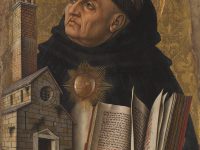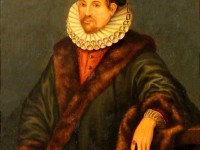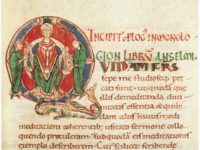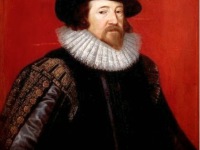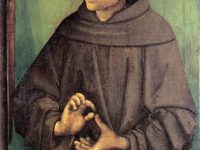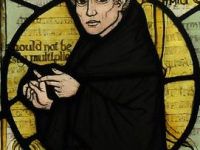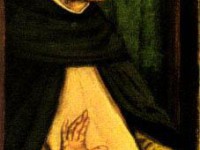Thomas Aquinas and the Tradition of Scholasticism
On March 7, 1271, Thomas Aquinas, Italian Dominican friar and priest and an immensely influential philosopher and theologian in the tradition of scholasticism, passed away. His influence on Western thought is considerable, and much of modern philosophy was conceived in development or refutation of his ideas, particularly in the areas of ethics, natural law, metaphysics, and political theory. “All that I have written seems like straw compared to what has now been…
Read more

